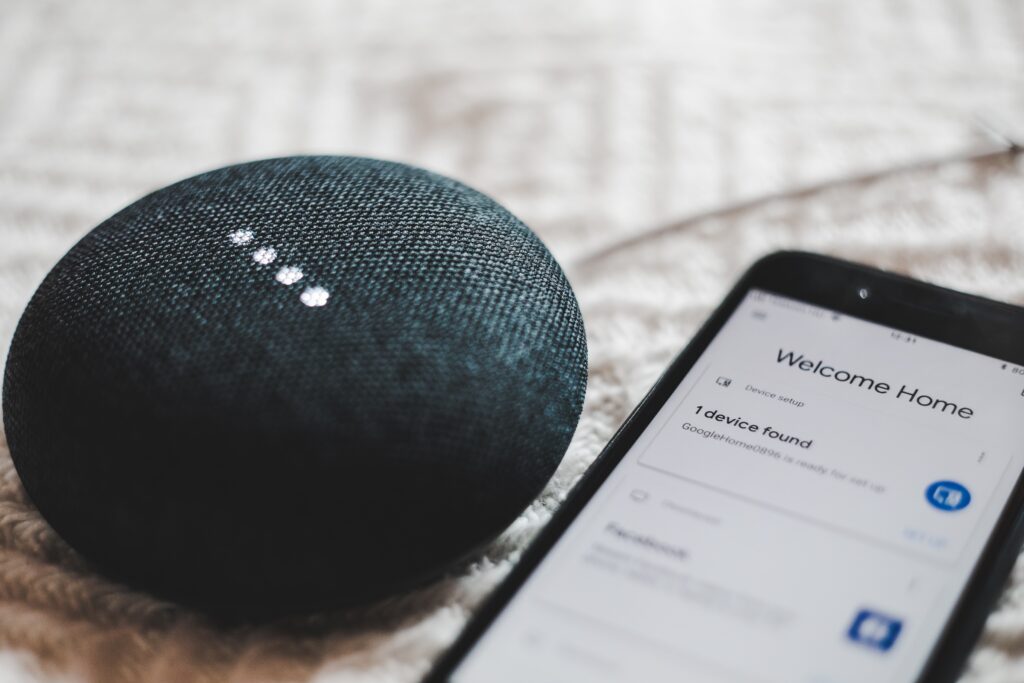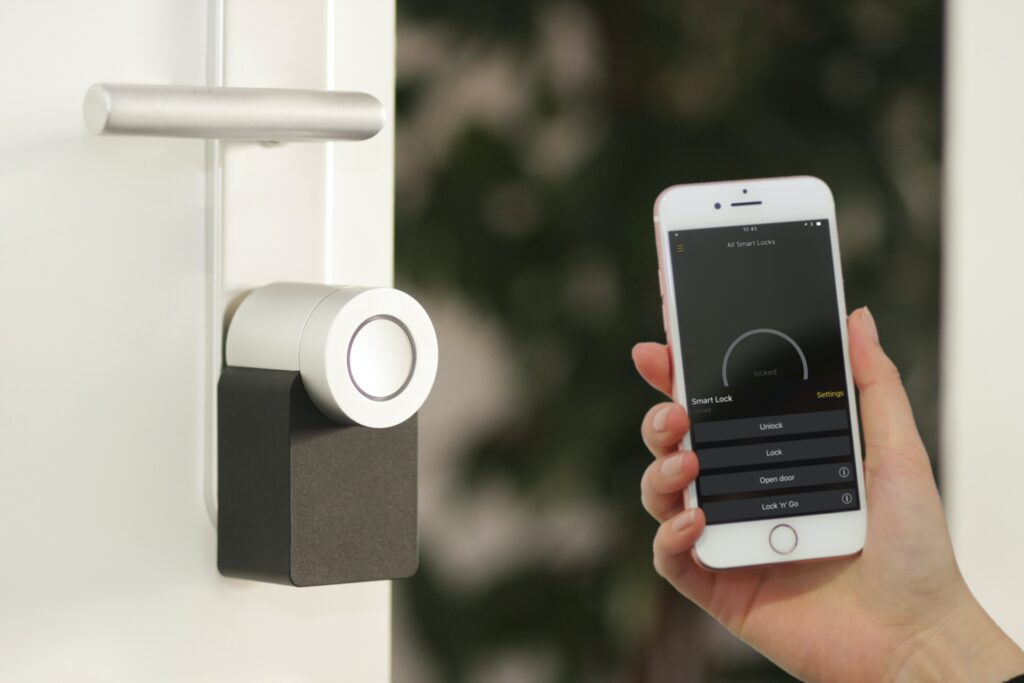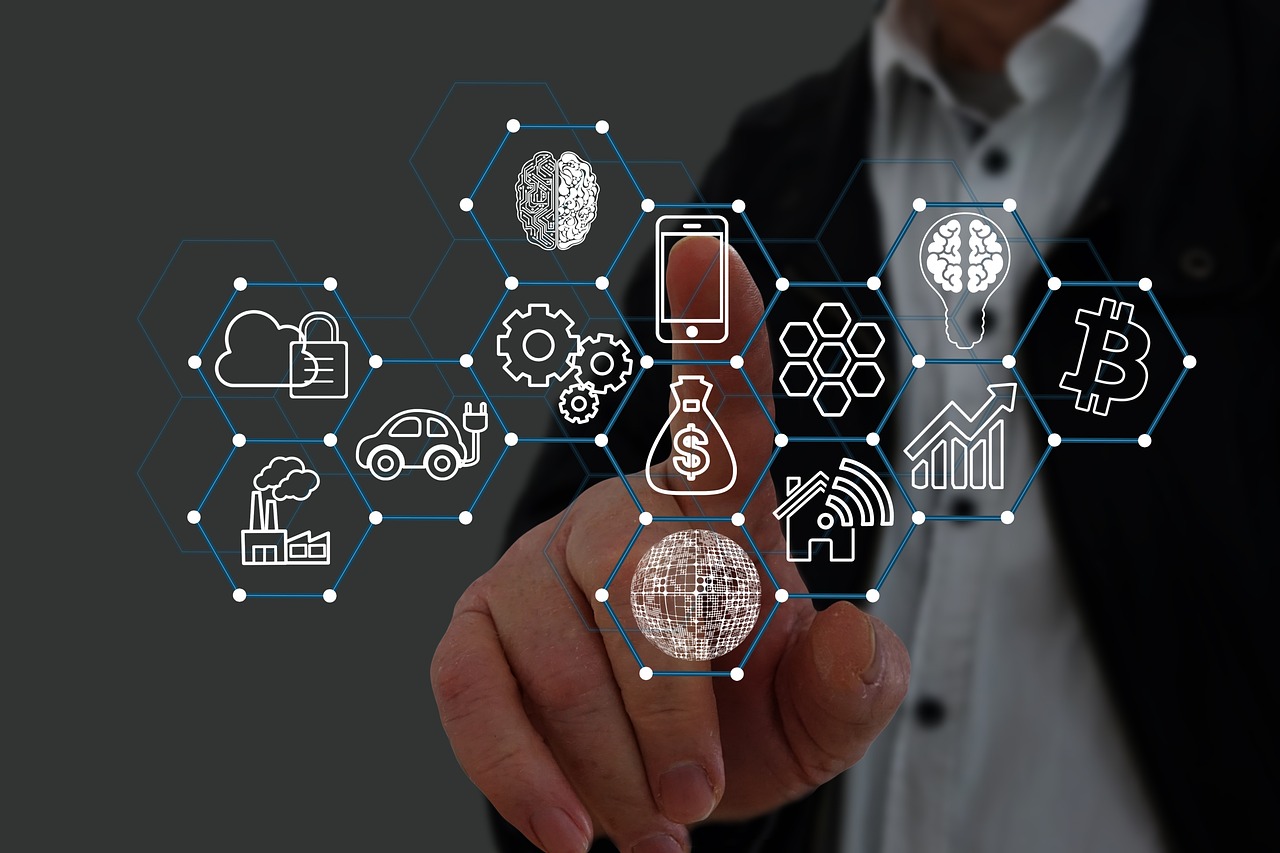The Internet of Things (IoT) has revolutionized the way we interact with technology, and nowhere is this more evident than in the concept of smart homes. Smart homes leverage IoT technology to create intelligent, interconnected living spaces that offer convenience, energy efficiency, and enhanced security. In this article, we will explore the future of IoT in residential settings, delving into the various aspects and benefits of smart homes.
Understanding Smart Homes
What is a Smart Home?

A smart home is a residence equipped with devices and systems that are interconnected and can be controlled remotely or through automated processes. These devices, often referred to as smart devices, communicate with each other and enable homeowners to monitor and control various aspects of their homes through smartphones, voice assistants, or dedicated applications.
Key Components of a Smart Home:
Smart homes consist of various interconnected components, including smart devices, sensors, actuators, and a central hub or controller. These components work together to create a seamless ecosystem that allows for remote control, automation, and intelligent decision-making.
Benefits of Smart Homes
Convenience and Comfort:
Smart homes offer unparalleled convenience and comfort. With voice commands or smartphone apps, homeowners can control lighting, temperature, security systems, entertainment devices, and more. Automation features enable personalized settings, such as adjusting lighting and temperature based on occupancy or pre-set schedules, making everyday life more comfortable and efficient.

Energy Efficiency:
One of the significant advantages of smart homes is energy efficiency. Smart devices, such as thermostats, smart lighting, and energy monitoring systems, allow homeowners to optimize energy usage. By automatically adjusting settings based on occupancy or implementing energy-saving algorithms, smart homes can significantly reduce energy consumption and lower utility bills.
Enhanced Security:
Smart homes provide advanced security features, including surveillance cameras, motion sensors, smart locks, and door/window sensors. Homeowners can monitor their homes remotely, receive real-time alerts, and control access to their properties. Integration with security systems and video doorbells adds an extra layer of protection, enhancing safety and peace of mind for homeowners.
Home Health and Wellness:
Smart homes can contribute to improved health and wellness. Connected devices, such as wearable fitness trackers, smart scales, and health monitoring systems, enable individuals to track and manage their well-being. Additionally, smart appliances and systems, such as air quality monitors and water purification systems, promote a healthier living environment.
Applications of Smart Homes
Home Automation:

Home automation is a central aspect of smart homes. It allows homeowners to control and automate various tasks, such as lighting, HVAC systems, and home entertainment. Automation features can be customized to individual preferences and can be activated based on specific conditions or triggers, such as time of day or occupancy.
Energy Management:
Smart homes play a vital role in energy management. By integrating smart thermostats, energy monitoring systems, and renewable energy sources, homeowners can optimize energy usage, track consumption patterns, and make informed decisions to reduce their environmental footprint.
Safety and Security:
Smart homes offer advanced safety and security features. With connected surveillance cameras, motion sensors, and smart locks, homeowners can monitor their property, receive real-time alerts, and remotely control access. Integration with alarm systems and emergency services enhances the overall security of the home.
Elderly Care and Assisted Living:
Smart homes have the potential to support elderly care and assisted living. IoT-enabled devices, such as fall detection sensors, medication reminders, and health monitoring systems, can provide support and assistance to seniors, allowing them to live independently while ensuring their safety and well-being.
Challenges and Considerations
Privacy and Data Security:
With the increasing number of connected devices in smart homes, privacy and data security become crucial considerations. Homeowners must ensure that their devices are secure, update firmware regularly, and use strong passwords to protect their personal information from unauthorized access.
Interoperability and Standardization:
The lack of interoperability and standardization among different smart home devices and platforms poses a challenge. Homeowners should consider choosing devices that are compatible with popular protocols and platforms to ensure seamless integration and avoid vendor lock-in.
Conclusion:
Smart homes represent the future of IoT in residential settings, offering homeowners unparalleled convenience, energy efficiency, and security. With the ability to control and automate various aspects of their homes, residents can enjoy a comfortable and personalized living experience. As technology continues to advance, smart homes will become more accessible, affordable, and integrated, transforming the way we live and interact with our living spaces.
FAQs
What exactly is a smart home?
Answer: A smart home is a residential setting equipped with interconnected devices and systems that can be controlled remotely or through automation. These devices communicate with each other to enhance convenience, energy efficiency, security, and overall comfort within the home.
How can smart homes contribute to energy efficiency?
Answer: Smart homes optimize energy usage by employing features such as smart thermostats, energy monitoring systems, and automated lighting control. These technologies enable homeowners to monitor and adjust energy consumption based on occupancy, schedules, and personalized preferences, resulting in reduced energy waste and lower utility bills.
Are smart homes secure? What about data privacy?
Answer: While smart homes offer enhanced security features, it is crucial to prioritize data privacy and security. Homeowners should choose reputable devices, regularly update firmware, use strong passwords, and ensure their home network is secure. By following best practices, users can safeguard their personal information from unauthorized access.
Can I integrate existing devices into a smart home system?
Answer: Depending on the compatibility and connectivity options of your existing devices, it is possible to integrate them into a smart home system. However, it is essential to check for compatibility with popular protocols or platforms and ensure seamless interoperability for smooth integration.
Are smart homes suitable for elderly individuals or assisted living?
Answer: Yes, smart homes can be highly beneficial for elderly individuals or those requiring assisted living. IoT-enabled devices, such as fall detection sensors, medication reminders, and health monitoring systems, can provide support, safety, and enhanced independence for seniors, ensuring their well-being within a smart living environment.

